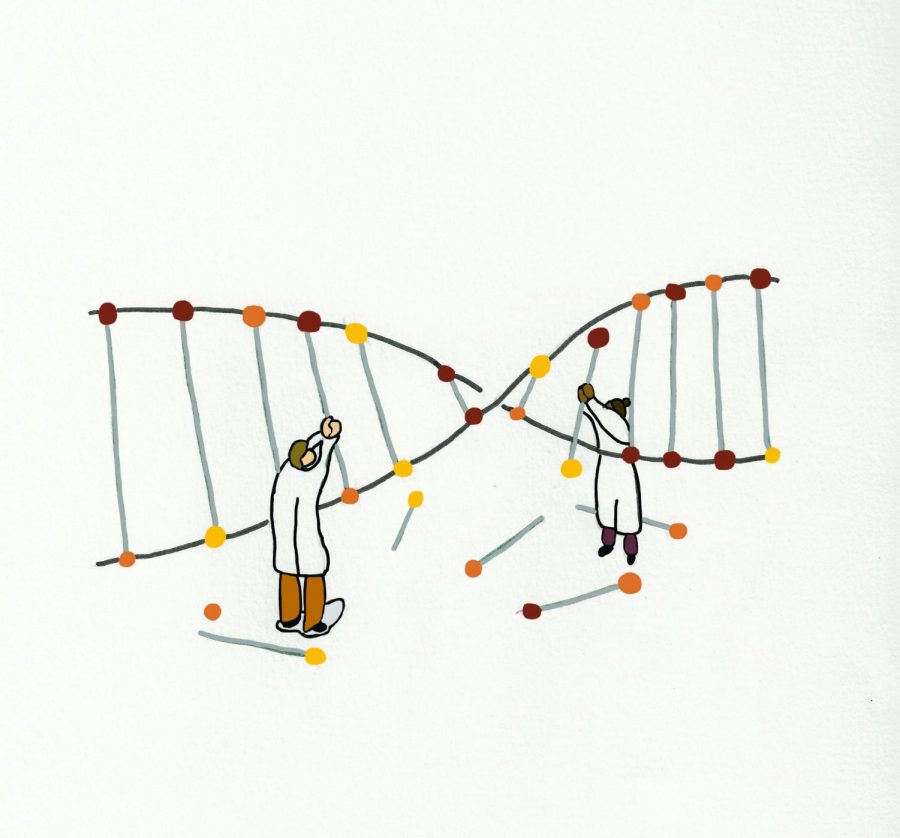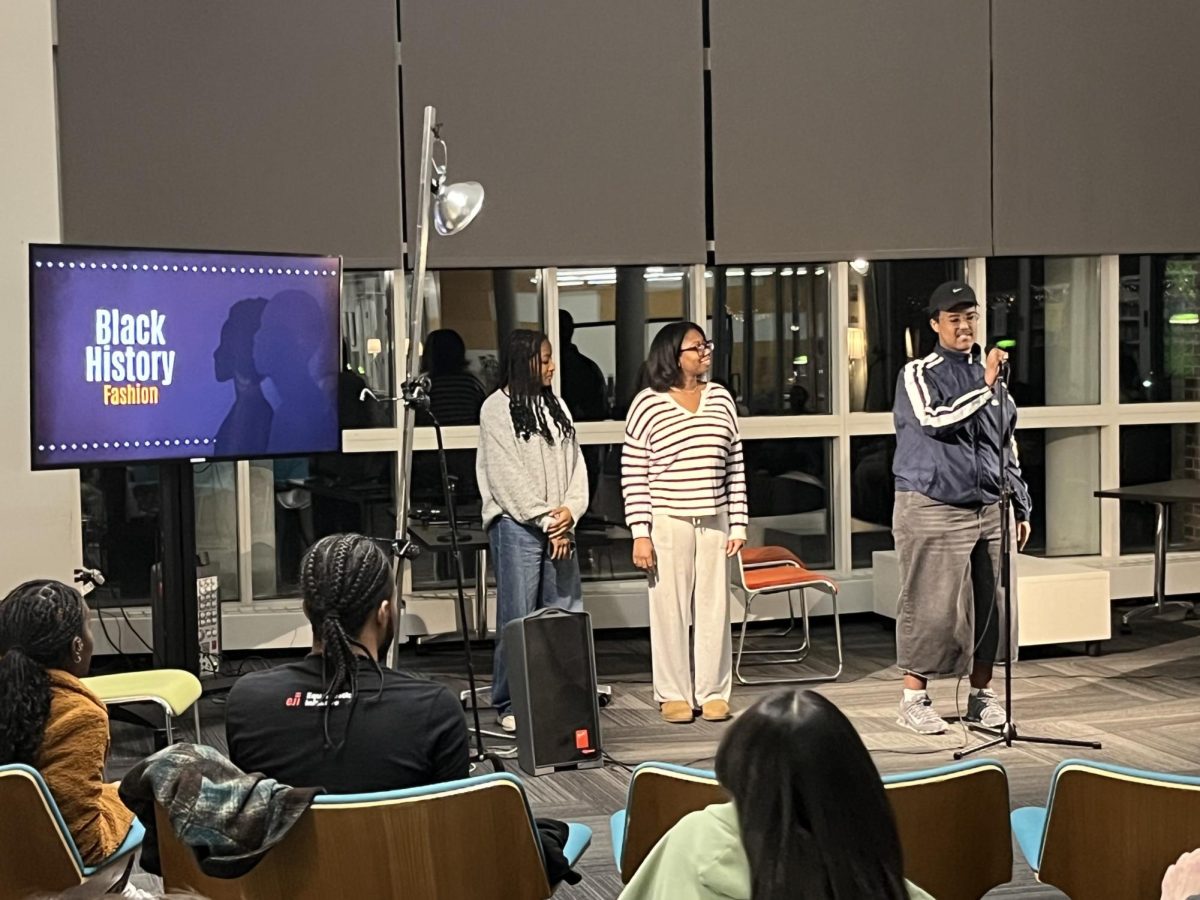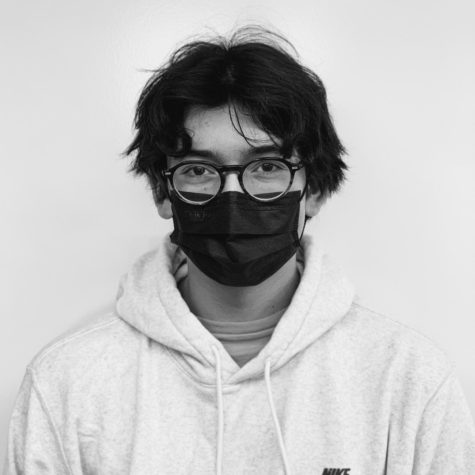Each year, more than three billion dollars is spent on genetic research. As genetic modification technology advances and that number continues to rise with genetic modification becoming a normalized topic, we may lose sight of the immense danger that it holds.
The term genetic modification in humans is generally used to describe the modification of genes through the use of molecular engineering. These fall under two categories: somatic genetic modification and germline genetic modification. Somatic genetic modification refers to the genetic modification of an existing person to hopefully cure a medical condition, and is generally accepted and legal. The other much more controversial and relevant type of genetic modification is germline modification, referring to the changing of the genes in eggs, sperm, and embryos.
Germline genetic modification is illegal in more than 40 countries and continues to be an uncrossable line in the scientific community. One of the biggest problems with genetic modification currently is our limited technology. Gene editing has the potential to apply unwanted effects, known as off-target effects, that even while the on-target gene editing is accurate, there could be an unintended effect on many other genes.
As of right now, we simply do not have a good enough understanding of the consequences to embrace it head-on. George Church, a genetics professor at Harvard Medical School argues in an article from Stat that “we need to better understand and manage the risks that could arise before moving forward with it.” Furthermore, once gene editing is allowed for practical uses like avoiding disease or premature death, there is no effective way to limit its other, less necessary uses, like parents choosing a child’s attributes in any way that they desire.
This poses an immense danger to the fundamental way we live our lives and the lives of future generations. Although gene modification has the potential for a multitude of positive effects, the negatives and possible dangers of allowing it as a widespread practice outweigh them.









